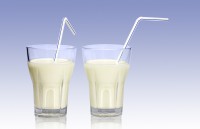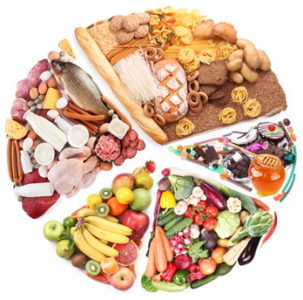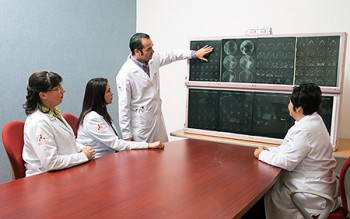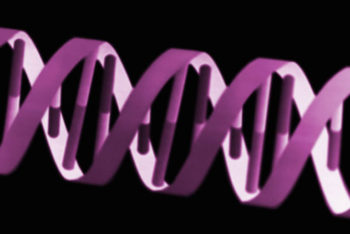
Remember how Mom always told you to drink your milk so you would have strong bones? Researchers have discovered that vitamin D, found in fortified milk and other sources, may also reduce your risk of getting cancer.
Can Vitamin D Lower Your Risk of Cancer?
Vitamin D is actually a group of fat-soluble prohormones that the body uses to synthesize hormones. In addition to foods, sunshine is a valuable source of vitamin D, which is absorbed through the skin.
The possible link between vitamin D and cancer risk first arose during studies of cancer incidence and death rates based on geographic location. Numbers were found to be lower among people living in southern latitudes, where exposure to sunlight is more frequent.
Analysis of the results led researchers to consider the possibility of different vitamin D levels accounting for the incidence rates. Tests on mice have shown that vitamin D intake can slow down or prevent cancer cell growth, tumor blood vessel formation, and other processes that aid the development of cancer.
Ongoing Vitamin D Clinical Trials
At this point, most of the medical evidence has come from tests designed to study other health-related issues. Clinical researchers are now conducting tests specifically focused on the relationship between vitamin D and cancer. These studies include trials of vitamin D supplements and vitamin D analogs, which are substances that resemble the chemical but don’t have the calcium-boosting properties.
State-of-the-Art Immunotherapy for Cancer
Immunotherapy for cancer at Issels® incorporates the latest findings on non-toxic treatments that help your body’s own immune system to fight cancer. Contact us for more information.





